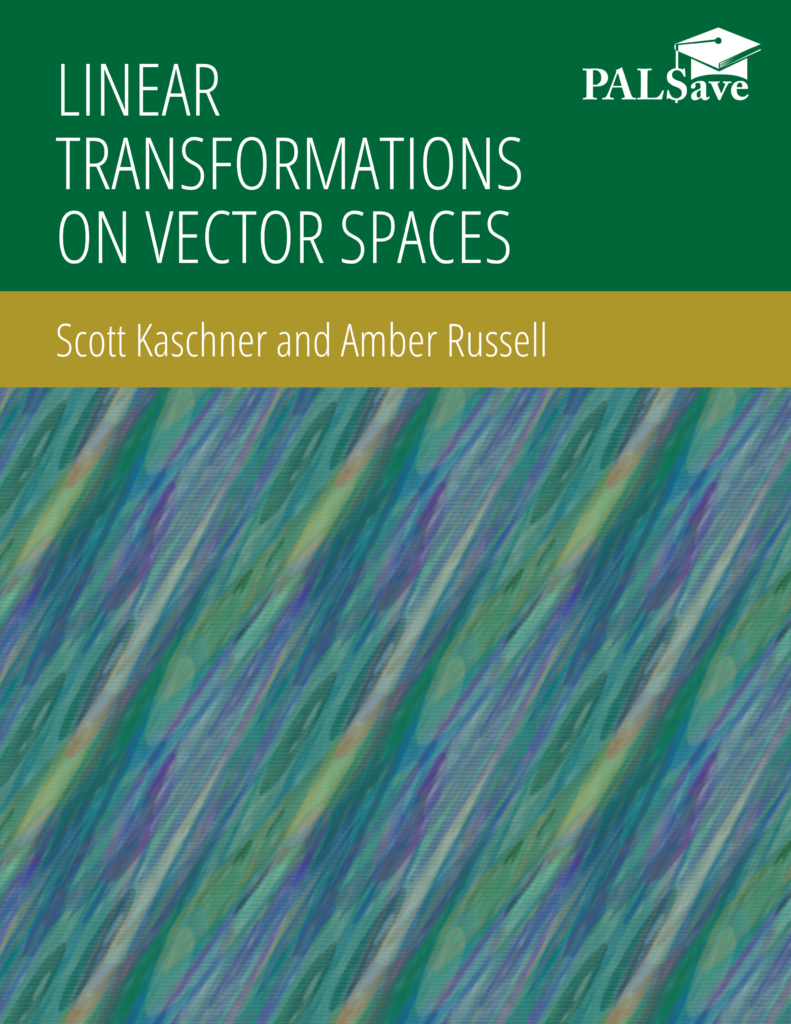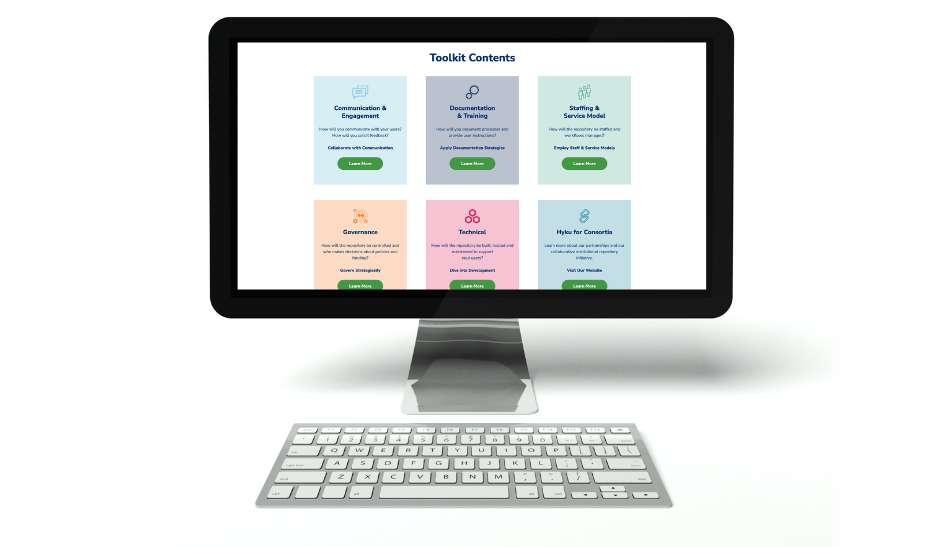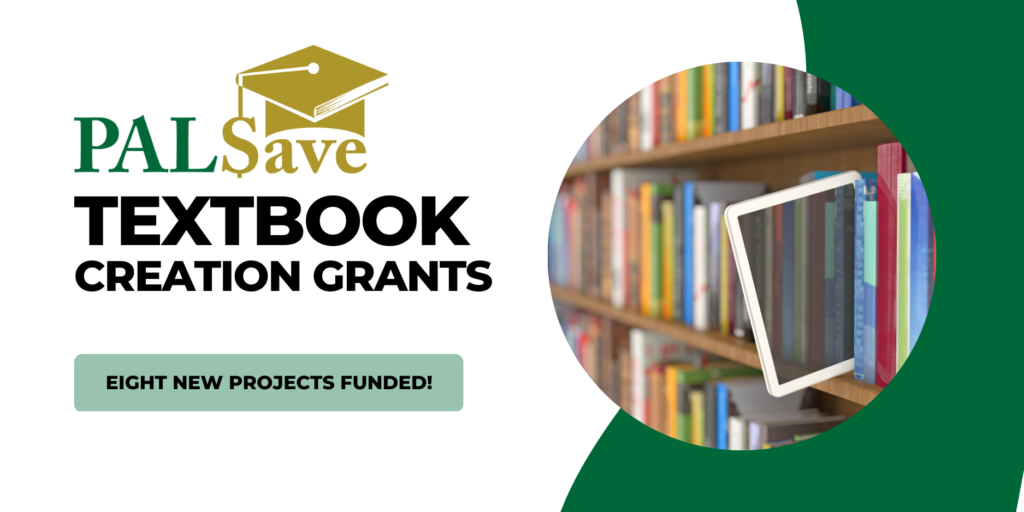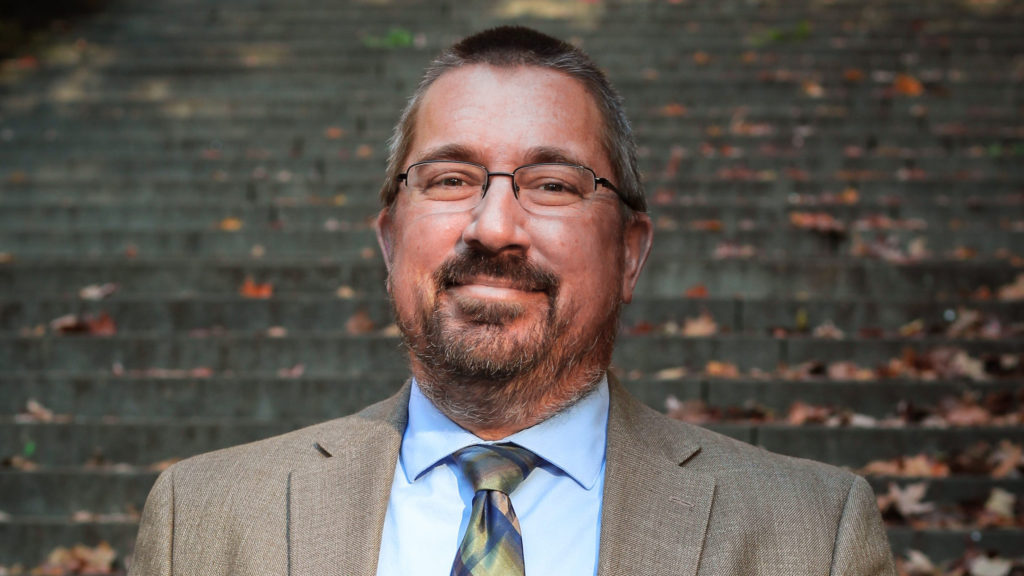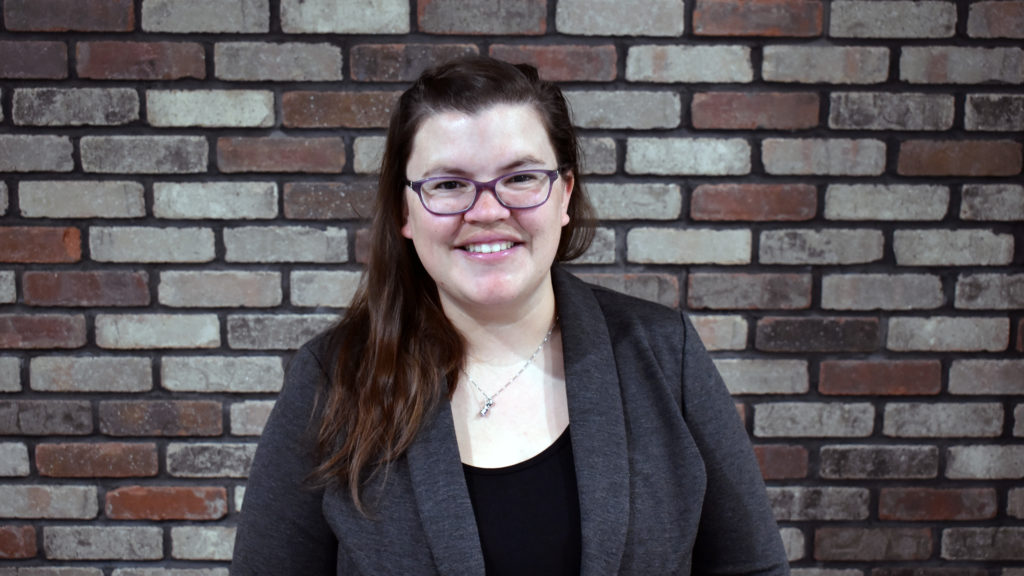INDIANAPOLIS and FRANKLIN, Ind.—The Private Academic Library Network of Indiana (PALNI) is pleased to announce the release of “Ultrasound Physics and its Application in Medicine.”
This open textbook, made possible through a Textbook Creation Grant from the PALSave: PALNI Affordable Learning program, is set to enhance the way medical professionals learn and apply ultrasound technology. As a peer-reviewed, open educational resource—OER—it is entirely free to students and is ready for use in any classroom.
The book is coauthored by:
- Arbin Thapaliya, Associate Professor of Physics at Franklin College (a PALNI supported institution)
- Alec Sithole, Chief Analytics Officer, City of Kansas City, Mo.
- Michael Welsh, Physician, Johnson Memorial Health
- Gaston Dana, Physician, Johnson Memorial Health
Thapaliya received a PALSave Textbook Creation Grant for the project in 2022. He is among several faculty authors at PALNI supported institutions who are working toward eliminating textbook costs and making quality open educational resources widely available.
“As both a first-generation college student and immigrant, I had never imagined authoring a book and it has been a great learning experience for me,” says Thapaliya. “I am particularly grateful to PALNI and my coauthors for believing in my abilities to lead this project, and for their tremendous support throughout this work. During my college years, I struggled immensely with navigating the challenges of textbook affordability and accessibility both in my home country and here in the U.S. It gives me great joy and satisfaction that this textbook is freely available to users from all around the world. I am indebted to Dean [Kristin] Flora [Vice President for Academic Affairs] and the faculty steering committee at Franklin College for supporting the timely and quality delivery of this textbook.”
“Dr. Thapaliya is an advocate for affordable student learning,” says PALNI Board Member Jessica Mahoney, Director of Library Services at Franklin College. “Recognizing the financial barriers prohibitive to student success, his courses are 100% ‘zero textbook-cost.’ He champions open educational resources and equitable access to information. A model for our campus and the broader community, Dr. Thapaliya demonstrates the value of contributing to scholarly conversation through open-access initiatives, such as PALSave. Likewise, he emulates a culture of care essential to student engagement with information.”
About the Book
Ultrasound technology has become integral in various medical specialties, from obstetrics to oncology, cardiology, and beyond. “Sonography is an evolving and indispensable tool that uses sound waves to create dynamic images in real time to visualize structure and function within the human body,” says coauthor Dana, a practicing physician. “It is the most amazing tool that I use in everyday clinical practice.”
With an estimated 250 million fetal ultrasound examinations performed annually in the United States alone, the demand for expertise in this field is rapidly increasing. “Ultrasound Physics and its Application in Medicine” provides a solid foundation in the technological properties of ultrasound, equipping healthcare providers with essential knowledge and skills for the future.
The textbook covers a wide range of topics, including the principles of ultrasound physics, its applications in various medical specialties, and practical aspects of diagnostic ultrasound. With end-of-chapter experiments, educators can facilitate hands-on learning experiences, allowing students to reinforce their understanding and develop practical skills essential for their careers.
Collaborating with PALNI
Offered to faculty from PALNI-supported institutions, the PALSave Textbook Creation Grant allows educators to develop open textbooks that are freely available online, making them part of a nationwide effort to reduce the cost of course materials for college students. Financed with support from Lilly Endowment Inc., each grant provides a maximum of $6,500 per project or $5,000 per author. Currently, there are 15 grant-funded titles published or in production through PALNI.
“PALNI is proud to support the creation of this innovative open textbook,” says Amanda Hurford, PALNI Scholarly Communications Director and PALSave program lead. “By making this high-quality educational resource freely accessible, the authors are enhancing learning opportunities and supporting academic excellence for current and future medical professionals in Indiana and across the globe. PALNI is thankful to them and to our funding organization, Lilly Endowment, for supporting this project.”
Project Manager Andrea Bearman, PALNI Instructional Technology Coordinator, and Heather Myers, PALNI Publishing Project Coordinator, also supported the book’s creation.
“Ultrasound Physics and its Application in Medicine” is available for free through the PALNI Press.
Visit PALSave: PALNI Affordable Learning online to learn more about Textbook Creation Grants and other OER opportunities offered through PALNI.
###
About the PALSave Textbook Creation Grant Program
With support from Lilly Endowment Inc., PALNI’s PALSave Textbook Creation Grant Program awards funding to faculty members from PALNI-supported institutions to create open textbooks.
Faculty are periodically invited to submit creation grant proposals for the courses they teach. Textbooks may cover any discipline at the undergraduate or postgraduate level. PALNI seeks proposals for textbooks geared toward specific fields of study that meet the inclusion criteria for the Open Textbook Library.
The PALNI Open Educational Resource (OER) Publishing Task Force selects projects for funding based on proposal quality, clearly defined goals, need within the current open access body of work, and adoption potential within PALNI schools and beyond.
PALNI coordinates peer review, copyediting, layout, and hosting services to assist grant recipients in their textbook creation. Each textbook is also supported by a local project manager to monitor progress and answer questions throughout development. The open textbooks are published on the PALNI Press-supported Pressbooks platform alongside other faculty-contributed works and are ultimately submitted to the Open Textbook Library and OER repositories. Visit the PALSave website to learn more.
About Lilly Endowment Inc.
Lilly Endowment Inc. is an Indianapolis-based, private philanthropic foundation created in 1937 by three members of the Lilly family — J.K. Lilly Sr. and sons J.K. Jr. and Eli — through gifts of stock in their pharmaceutical business, Eli Lilly and Company. While those gifts remain the financial bedrock of the Endowment, the Endowment is a separate entity from the company, with a distinct governing board, staff and location. In keeping with the founders’ wishes, the Endowment supports the causes of community development, education and religion and maintains a special commitment to its hometown, Indianapolis, and home state, Indiana. More information can be found at www.lillyendowment.org.
About the Private Academic Library Network of Indiana
The Private Academic Library Network of Indiana (PALNI) is a non-profit organization that supports collaboration for library and information services for 24 colleges, universities and seminaries throughout the state. From its inception in 1992, the PALNI collaboration has been a key avenue for its supported institutions to contain costs while providing more effective library services. More recently, PALNI has adopted a model of deep collaboration that pools resources and people as a tool to expand services while keeping costs down. PALNI’s board of directors, composed of all 24 library deans and directors from the supported organizations, convened a Future Framing Task Force in 2019 to address ongoing demographic challenges in higher education. The board has escalated this work in the wake of COVID-19, as the consortium seeks to manage the increased need for online support while reducing costs. Simultaneously, PALNI is expanding collaboration within its institutions and with external library partners to address challenges and build cost-effective services. Visit the PALNI website for more information.
PALNI Supported Institutions
Anabaptist Mennonite Biblical Seminary | Anderson University | Bethel University | Butler University | Concordia Theological Seminary | Christian Theological Seminary | DePauw University | Earlham College | Franklin College | Goshen College | Grace College | Hanover College | Huntington University | Manchester University | Marian University | Oakland City University | University of Saint Francis | Saint Mary-of-the-Woods College | Saint Mary’s College | Saint Meinrad’s Seminary and School of Theology | Taylor University | Trine University | University of Indianapolis | Wabash College
